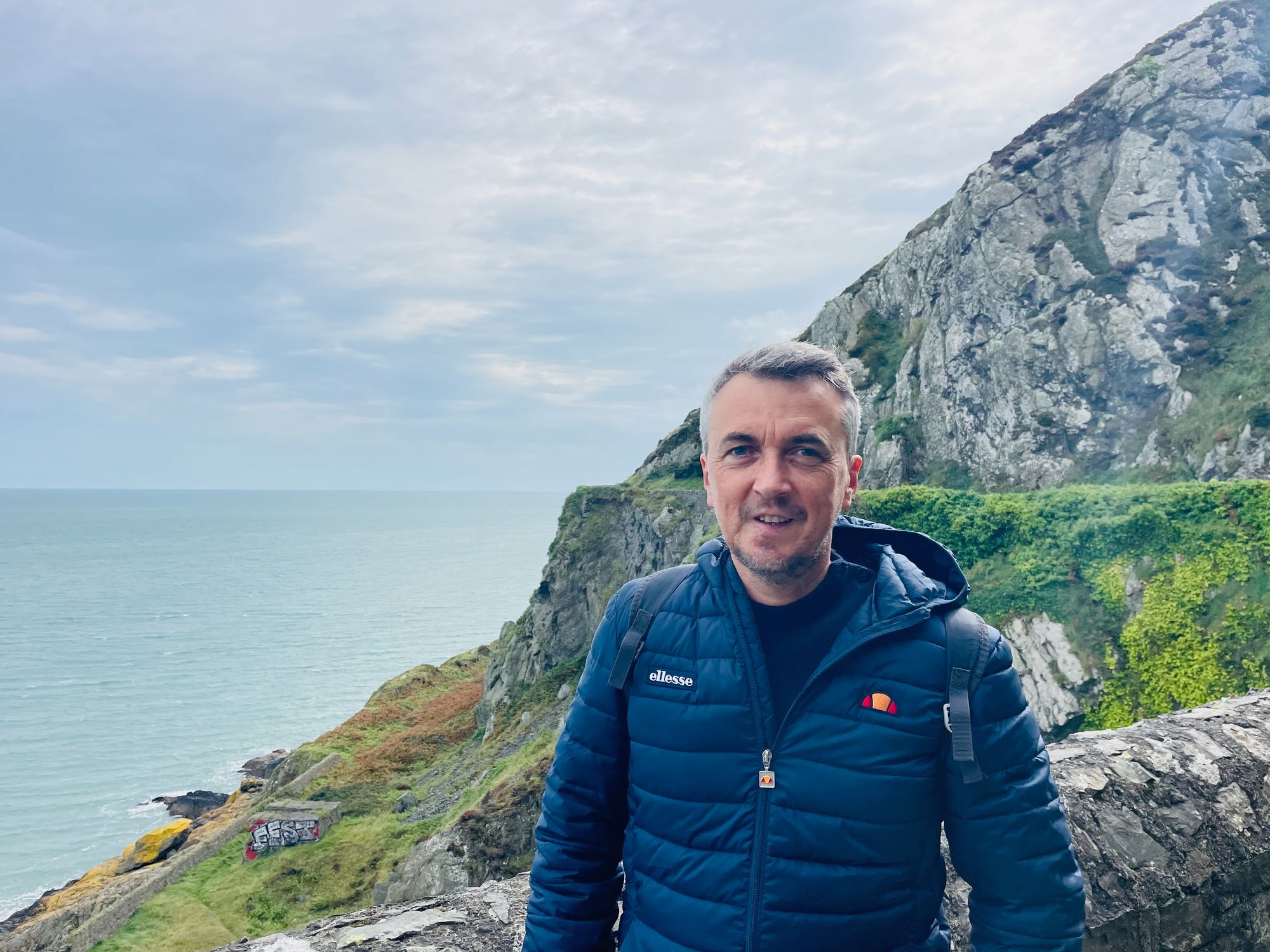Six Years of the French Deep Tech Plan: A Driver for Innovation and Opportunities for Franco-Irish Cooperation

Launched in 2019, the French Deep Tech Plan has fueled innovation with 2,589 startups and €3.4B invested. As part of France 2030, it offers new opportunities for Franco-Irish collaboration in research, funding, and the industrialization of breakthrough technologies.
Since its launch in 2019, the Deep Tech Plan has played a pivotal role in transforming France’s innovation ecosystem. Designed to accelerate the emergence of high-tech startups, it has helped position France as the fourth-largest deep tech funding ecosystem worldwide, behind the United States, China, and the United Kingdom.
Between 2021 and 2024, France made an impressive leap, climbing from 8th to 4th place in deep tech investment. This success is built on massive financial commitments, structured support mechanisms, and a clear vision aligned with France 2030, which mobilizes €54 billion to drive European technological leadership.
For Ireland, a key European technology hub with a strong innovation ecosystem and attractive business environment, France’s deep tech strategy presents potential opportunities for deeper cooperation—particularly in artificial intelligence, biotechnology, quantum technologies, and greentech.
A Strong Track Record: The Deep Tech Plan’s Achievements
The Deep Tech Plan has structured France’s deep tech landscape around three major pillars:
1. Accelerating Deep Tech Startup Creation
In six years, France has significantly increased the annual creation of deep tech startups:
- 2018: 168 deep tech startups created
- 2024: 385 deep tech startups created
- 2030 Goal: 500 deep tech startups per year
France now has over 2,589 active deep tech startups, operating in key sectors:
- 42% in biotech, medtech, and e-health
- 25% in energy and greentech
- 15% in agritech and foodtech
- 13% in digital technologies, AI, and quantum computing
- 5% in Industry 4.0 (robotics, IoT, etc.)
2. Supporting Startup Growth and Funding
Deep tech startups often face longer development cycles and higher capital requirements before reaching commercialization. The Deep Tech Plan has helped mitigate these challenges by:
- Mobilizing over €3.4 billion in funding to support the ecosystem.
- Tripling the number of startup exits over five years, with notable acquisitions like Preligens (AI for aerospace, acquired by Safran for €220M in 2024) and Amolyt Pharma (acquired by AstraZeneca for €800M in 2024).
- Maintaining a solid venture capital market, despite a 31% decline in deep tech fundraising in 2024 compared to 2023, a record year.
Nevertheless, financing remains a challenge, particularly in some key segments:
- Industrial deep tech startups: -61% funding in 2024
- Greentech startups: -63% funding in 2024
- Startups outside Île-de-France: -52% funding in 2024
3. Strengthening Industrial and Regional Development
Beyond R&D and prototyping, deep tech innovations need to be industrialized to reach their full potential. The Deep Tech Plan has:
- Supported the creation of 150 industrial sites dedicated to deep tech.
- Generated 50,000 direct jobs in strategic sectors.
- Increased the total revenue of deep tech startups to €3.4 billion per year.
While Île-de-France and Auvergne-Rhône-Alpes account for 53% of deep tech startups, other regions are seeing growth, thanks in part to University Innovation Hubs (PUI), which are benefiting from €165 million in funding to foster local entrepreneurship.
Exploring New Avenues for Franco-Irish Cooperation
France and Ireland share a strong culture of innovation, and both countries are actively investing in research commercialization, startup support, and technology transfer. Several avenues could be explored to deepen cooperation:
1. Strengthening Academic and Research Partnerships
Irish universities, and particularly through SFI Centres of Excellence, could develop closer links with French University Innovation Hubs (PUI) and research clusters. Horizon Europe projects could provide a framework for joint R&D initiatives in AI, quantum technologies, or energy transition solutions.
2. Encouraging Cross-Border Startup Support
One possibility would be to develop a Franco-Irish "soft-landing" program, facilitating market entry for startups from both countries. This could involve:
- Easier access to national and European funding programs (Bpifrance, Enterprise Ireland, EIC Accelerator).
- Collaboration between incubators and accelerators in France and Ireland to support deep tech ventures.
- Joint investor roadshows to introduce French deep tech startups to Irish and UK-based venture capitalists, and vice versa.
3. Exploring Strategic Financing and Investment Opportunities
Given the challenges of late-stage financing in deep tech, potential synergies between Bpifrance and Enterprise Ireland could be explored, such as:
- Co-investment mechanisms for deep tech startups with strong commercialization potential.
- A dedicated Franco-Irish deep tech fund, possibly leveraging European Investment Bank (EIB) support.
- Integration of Irish startups into France’s EuroQuity platform, a Bpifrance-backed initiative that connects startups with investors across Europe.
EuroQuity, which brings together over 17,000 startups, investors, and corporate partners, could serve as a bridge for Irish deep tech startups looking to access French and European funding networks.
Towards a European Deep Tech Strategy
France’s Deep Tech Plan has demonstrated that public investment and structured policies can catalyze breakthrough innovation. However, ensuring long-term European leadership in deep tech requires closer collaboration across borders.
Ireland, with its expertise in research commercialization, venture investment, and technology clusters, could play a strategic role in shaping a more integrated European deep tech ecosystem.
Exploring bilateral financing mechanisms, facilitating joint startup development programs, and leveraging platforms like EuroQuity could be concrete steps toward a stronger Franco-Irish innovation partnership.
As both countries look to maintain their competitiveness in an increasingly high-stakes technological landscape, the time is right to align our deep tech strategies for mutual benefit.
BPI presentation :
